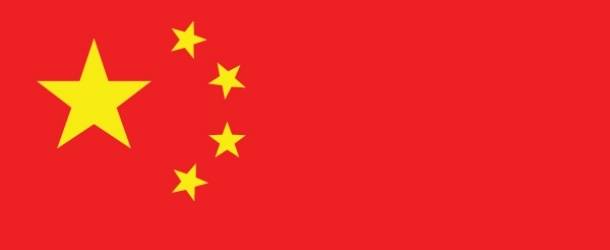IQT Fall: What do we do about China?

China’s role in the emerging quantum sector has been brought up more than once during IQT Fall panel sessions this week, and it’s easy to understand why. Several recent reports have highlighted the country’s exploits in this arena, including the claim that it now has the world’s fastest programmable quantum computer.
On Thursday the topic moved to center stage at IQT Fall, as experts discussed ongoing relations between the U.S. and China and implications of China’s rapidly developing quantum expertise in an afternoon session titled, “China and Quantum: Cooperation, Competition, and National Security.”
It might not seem like there is much potential for cooperation, at least in the vein of Thursday’s announcement from the White House that the U.S. and the U.K. are looking to enhance their cooperation on quantum information science and technology. Although Tom Stefanick, visiting fellow in the Foreign Policy program at the Brookings Institution, noted, “for the last 30 years there has been a lot of cooperation” between the U.S. and China, and that this environment has only changed in recent years with China’s rise as superpower, the decisions of its current regime and the U.S.’s reaction to China’s rise.
Terrill Frantz, professor at Harrisburg University of Science and Technology, who spent 15 years living and teaching in China, compared China to “the kid who the West used to beat on” and who now years later has grown up to be in a position of power. “I don’t know how I would behave in that situation, but it gives you a permission slip to be a little more competitive than you would normally be.”
He argued that if the West wants cooperation from China on technology issues, it needs to understand that China wants to be respected.
Frantz and Stefanick noted that China has been becoming more aggressive in its technology goals, and Frantz reiterated an observation he had made during the conference earlier in the week that China has been able to move more quickly to develop new technology standards because it pays people to do so even in the earliest stages of technology development.
Laura Thomas, senior director of national security solutions at ColdQuanta, who also used to work for the CIA, said the differences between the U.S. and China continue to be rooted in ideology. “These are very different outlooks on the world,” she said. “[The two countries] have differing views of competition, and that’s absolutely the source of friction. We have very different views of the merits of international competition.”
She described China’s view of competition as involving “stealing intellectual property.” This comment came two days after John Prisco, president and CEO of Safe Quantum Incorporated, during a different IQT session expressed concern about hackers stealing encrypted data now that they will decrypt in the future using a quantum computer. “I’m sure China is copying everything it can get its hands on,” he said.
Thomas also said growing security concerns are exacerbated by the fact that national security agencies throughout the world are not responding quickly enough to technology-based threats, including those posed by quantum technology. In the national security space, “there is still a focus on recruiting the next spy when there should be more of a focus on emerging technology,” she said. “We’re just starting to wrap our heads around that shift in the national security establishment.”
She added, “15 or 20 or 30 years ago we had time to think about how to respond [to threats.] Now, software code can change things overnight. The national security mindset is still behind.”




















